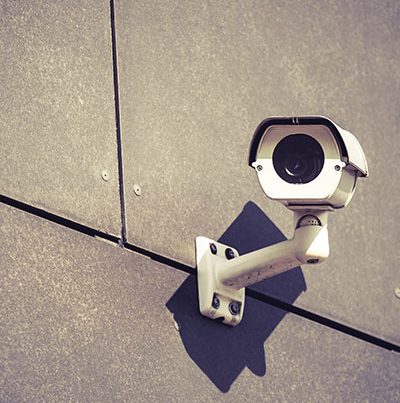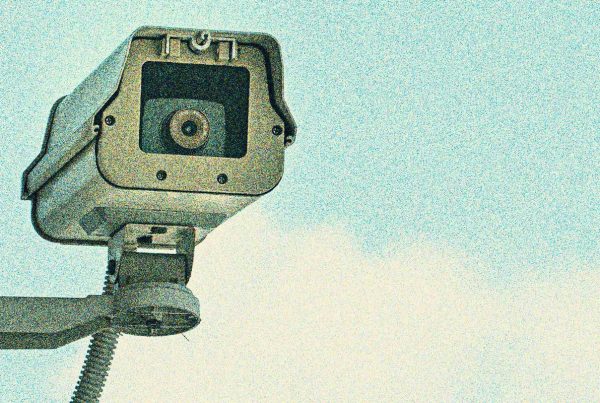Le 28 septembre 2023, la Cour d'appel de l'Ontario a rendu sa décision dans l'affaire R contre Hafizi, une affaire qui examinait la norme minimale de preuve requise pour que les forces de l'ordre utilisent des techniques de surveillance hautement invasives sur des individus qui ne sont pas la cible réelle de l'enquête mais sont simplement des « personnes connues ».
Les écoutes téléphoniques ont été reconnues par la Cour suprême du Canada comme un type de fouille très intrusif. En permettant à l'État d'enregistrer des conversations privées, les écoutes téléphoniques portent atteinte au droit à la vie privée au plus haut niveau et courent ainsi le risque de violer l'article 8 de la loi. Charte, qui garantit le « droit d’être protégé contre les perquisitions ou saisies abusives ».
Il est établi depuis longtemps que, pour éviter Charte En cas d’infraction, le seuil de déploiement de technologies de surveillance, telles que les écoutes téléphoniques, doit être en corrélation avec le niveau d’intrusion dans la vie privée de l’individu. Par conséquent, compte tenu de leur nature hautement intrusive, on pourrait s’attendre à ce que le seuil de déploiement de la technologie d’écoute électronique soit élevé. Pourtant, quand R contre Mahal s'est retrouvée devant la Cour d'appel de l'Ontario en 2012, la Cour a abaissé le seuil d'écoute électronique pour les « personnes connues », déclarant que la police pouvait obtenir des écoutes téléphoniques sur des personnes non ciblées dans ses enquêtes, à condition qu'elle estime que cela « peut aider » leur enquête principale.
L'ACLC estime qu'il s'agit non seulement d'une dérogation au précédent établi, mais également d'une violation des droits garantis par l'article 8 de la Charte. Dans R contre Hafizi, l'ACLC l'a soutenu, affirmant que la norme de preuve de Mahal— une norme de preuve en cause dans la présente affaire — viole encore une fois l’art. 8 des Charte. L'ACLC a également fait valoir que cette norme permettra des atteintes encore plus importantes à la vie privée grâce aux nouvelles technologies, telles que les outils d'enquête intégrés aux appareils (ODIT).
Malheureusement, la Cour a décidé de rejeter l'appel et d'entériner le Mahal norme pour les écoutes téléphoniques.
Lire le mémoire de l'ACLC ici.
Lire la décision de la CSC ici.
À propos de l’association canadienne sur les libertés civiles
L’ACLC est un organisme indépendant à but non lucratif qui compte des sympathisant.e.s dans tout le pays. Fondé en 1964, c’est un organisme qui œuvre à l’échelle du Canada à la protection des droits et des libertés civiles de toute sa population.
Pour les médias
Pour d'autres commentaires, veuillez nous contacter à media@ccla.org.
Pour les mises à jour en direct
Veuillez continuer à vous référer à cette page et à nos plateformes de médias sociaux. On est dessus Instagram, Facebook, et Twitter.





